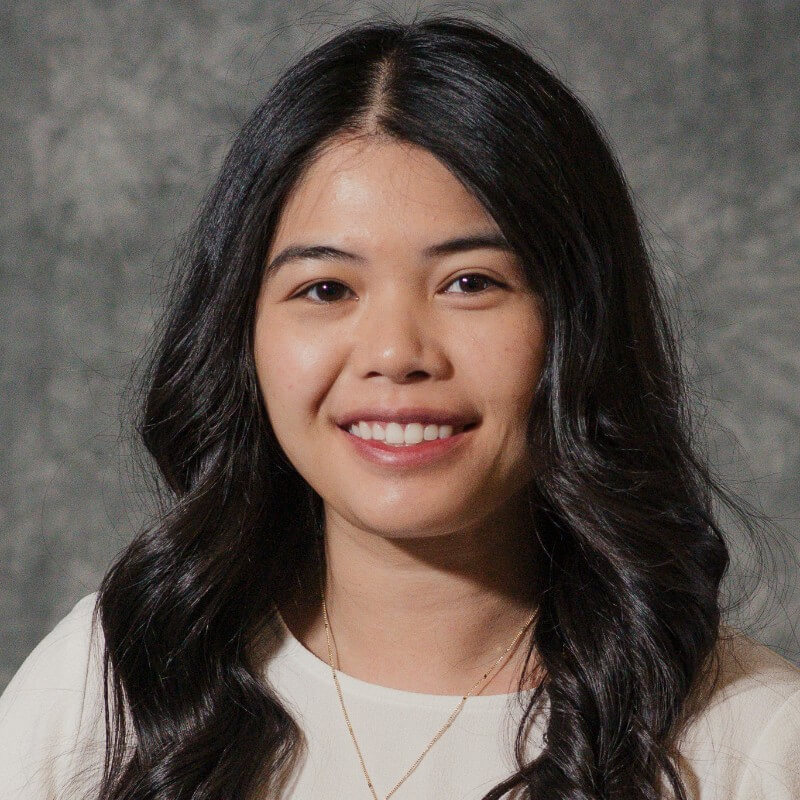The Role of Genetics in Eye Health: What You Need to Know
Our eyes are complex organs that allow us to experience the world in vibrant detail. However, like many aspects of our health, our vision can be significantly influenced by genetics. Understanding how genetics impact eye health is crucial for prevention and early intervention in eye-related conditions. Let’s delve into the role of genetics in eye health and what you need to know to protect your vision.

The Basics: How Genetics Influence Eye Health
Genetics play a pivotal role in determining various aspects of our eye health. From the color of our eyes to our susceptibility to certain eye conditions, our genetic makeup is a key factor. Genes are segments of DNA that carry instructions for building and maintaining our bodies. Variations in these genes can influence how our eyes develop and function.
Common Eye Conditions Linked to Genetics
Several eye conditions are known to have a genetic component. Some of the most common include:
- Myopia (Nearsightedness): Myopia, or nearsightedness, is a condition where distant objects appear blurry. Studies have shown that myopia tends to run in families. If one or both parents are nearsighted, their children are more likely to develop the condition.
- Hyperopia (Farsightedness): Hyperopia, or farsightedness, is the opposite of myopia. It is where close objects appear blurry. Like myopia, hyperopia can be inherited, making genetics a significant factor in its development.
- Glaucoma: Glaucoma is a group of eye conditions that damage the optic nerve, often due to high eye pressure. Genetics can influence the likelihood of developing glaucoma, especially primary open-angle glaucoma, the most common form.
- Age-Related Macular Degeneration (AMD): AMD is a leading cause of vision loss in older adults. It affects the macula, the part of the retina responsible for sharp central vision. Genetic factors, combined with environmental influences, play a crucial role in the development of AMD. Discover how various eye conditions can impact your vision by clicking here.
Preventive Measures and Early Detection
While genetics can predispose individuals to certain eye conditions, it is not the sole determinant of eye health. Lifestyle choices and regular eye care are essential for maintaining good vision. Here are some steps you can take:
- Regular Eye Exams: Routine eye exams are crucial for early detection and management of genetic eye conditions. Early intervention can significantly improve outcomes and preserve vision.
- Protective Eyewear: Wearing protective eyewear, such as sunglasses with UV protection and protective glasses, can help prevent damage to your eyes from environmental factors.
- Healthy Lifestyle: Maintaining a healthy lifestyle, including a balanced diet rich in vitamins and antioxidants, can support overall eye health. Regular exercise and avoiding smoking can also reduce the risk of developing certain eye conditions.
Zenni Cares About Your Eye Health
At Zenni, we understand the importance of eye health and the role genetics play in it. We offer a wide range of eyewear options that cater to various needs, from prescription glasses to sunglasses with advanced lens technologies. Our mission is to provide high-quality, affordable eyewear that helps you protect and enhance your vision.

Understanding the role of genetics in eye health is essential for taking proactive steps to protect your vision. While you cannot change your genetic makeup, you can make informed decisions and adopt healthy habits to minimize your risk of developing genetic eye conditions. Regular eye exams, protective eyewear, and a healthy lifestyle are key components of maintaining good eye health. At Zenni, we are committed to helping you see the world clearly and comfortably.





 Canada
Canada